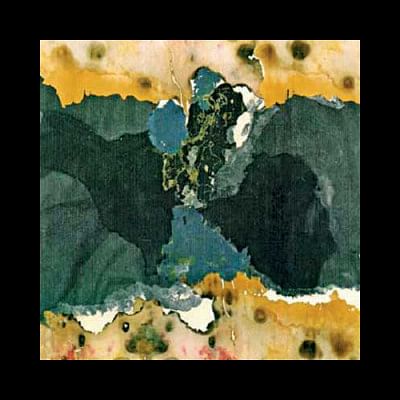My reflections on this day

I was a Major serving on secondment from the Pakistan Army in the then East Pakistan Rifles (EPR) in the Chittagong Sector when the War of Liberation broke out. I was commander of an EPR Wing (now a Battalion in BGB). On that fateful day, March 26 1971, I was on a tour of inspection of the Border Outposts (BOPs) of my wing on the Ramgar-Khagrachari border along the Feni River. It was past midnight when I woke up amid shouts of Joy Bangla and Joy Bangabandhu by the troops of the BOP wher eI was staying over that night. The troops had clearly risen in revolt against Pakistan. They had tied up two non-Bangali troops of the BOP and were about to kill them had I not intervened, while the third one had managed to swim across the Feni River to safety in India. The BOP troops commanded by a Havildar took little time to rise in revolt after they heard on the EPR wireless network that Pakistan army troops had attacked Dhaka University dormitories, EPR headquarters at Peelkhana, Police Lines at Rajarbagh and the East Bengal Regimental Centre at Chittagong cantonment that night, and had fired upon and killed indiscriminately unarmed Bangalis. I was told that EPR troops had risen in revolt throughout the country. Clearly the uneducated EPR troops under my command had already been fired up with Bangali nationalism and patriotism, and had switched their loyalty to a sovereign Bangladesh yet to be born.
Indeed the measure of the political upsurge having swept across the country for freedom and emancipation from Pakistan had been so strong and widespread that it could not but ignite the patriotic fervour of this largely Bangali para military force. I have no hesitation to say that the EPR troops under my command spontaneously rose in revolt, while I, as their commander, just followed suit. I closely observed, during the nine month long war of liberation, the grim determination of my EPR troops entrenched in the border area, saw streams of our people of varying social status crossing the border into India and finally came in touch with our brave young boys cheerfully going inside the country with light weapons and explosives to fight the occupation army and face sure martyrdom. I was in no doubt that the freedom loving people of this country would not stop short of achieving freedom and democracy no matter what the cost would be like. Indeed our victory on December 16, 1971 has been rather pyrrhic. Three million people embraced martyrdom. Thousands of our womenfolk were dishonoured. Over ten million people fled to India and lived in refugee camps. But this sacrifice was not just for carving out Bangladesh on the map of the world. For the teeming millions, the goal was to establish democracy, freedom and fundamental rights of our people on a firm footing which we were denied in Pakistan.
A long 43 years have gone by since we had declared our independence from Pakistan on this day. But democracy and freedom shaping and guiding our destiny and most importantly the system of governance of this country have remained a far cry. Much as our politicians cutting across the political divide would cry hoarse in meetings and seminars for democracy and rule of law, and condemn military dictatorship or autocratic rule by a military junta, all our political governments without exception have preferred to rule this country like Ayub Khan and Yahya Khan ruled us in Pakistan, and later Hussian Muhammad Ershad, our local variant of the Pakistani dictators, ruled us in Bangladesh.
It is a pity that while there is a flourishing and vibrant democracy in neighbouring India, the largest democracy in the world, democracy and democratic culture have not been allowed to strike roots in our national politics and the mainstream political parties. Dynastic rule and anti-people politics are what our politicians have opted for. Sheikh Hasina has been the president of Awami League ever since she was elevated to this post in the eighties. No one would challenge her in the party congress. It is she who would appoint the party leaders at different tiers. No need for election. This is how the party congresses have been stage-managed all these years. The same is the case with Begum Khaleda Zia and her BNP.
........................................................................
The writer is a Freedom Fighter and retired Brigadier General.

 For all latest news, follow The Daily Star's Google News channel.
For all latest news, follow The Daily Star's Google News channel. 



Comments